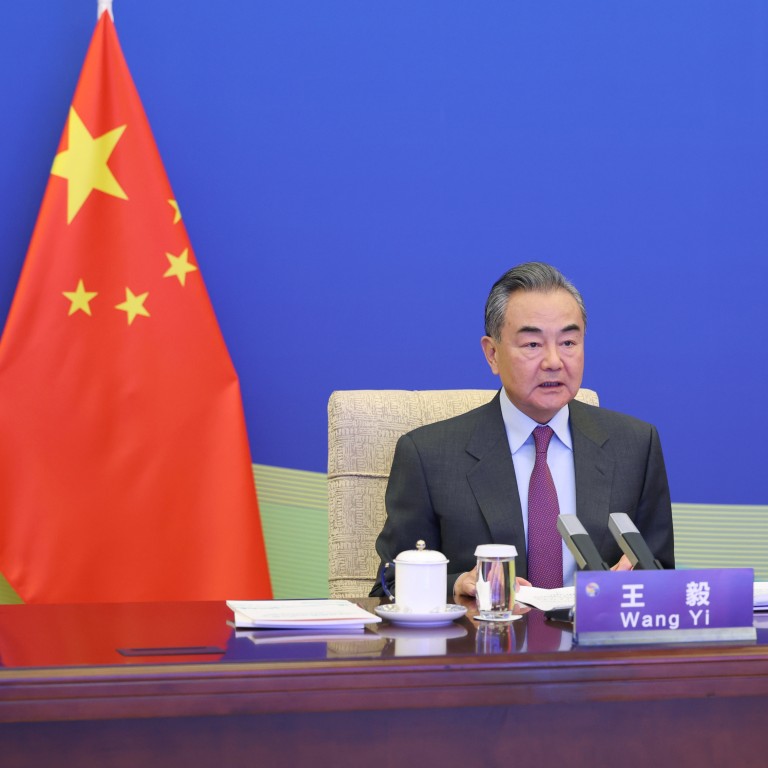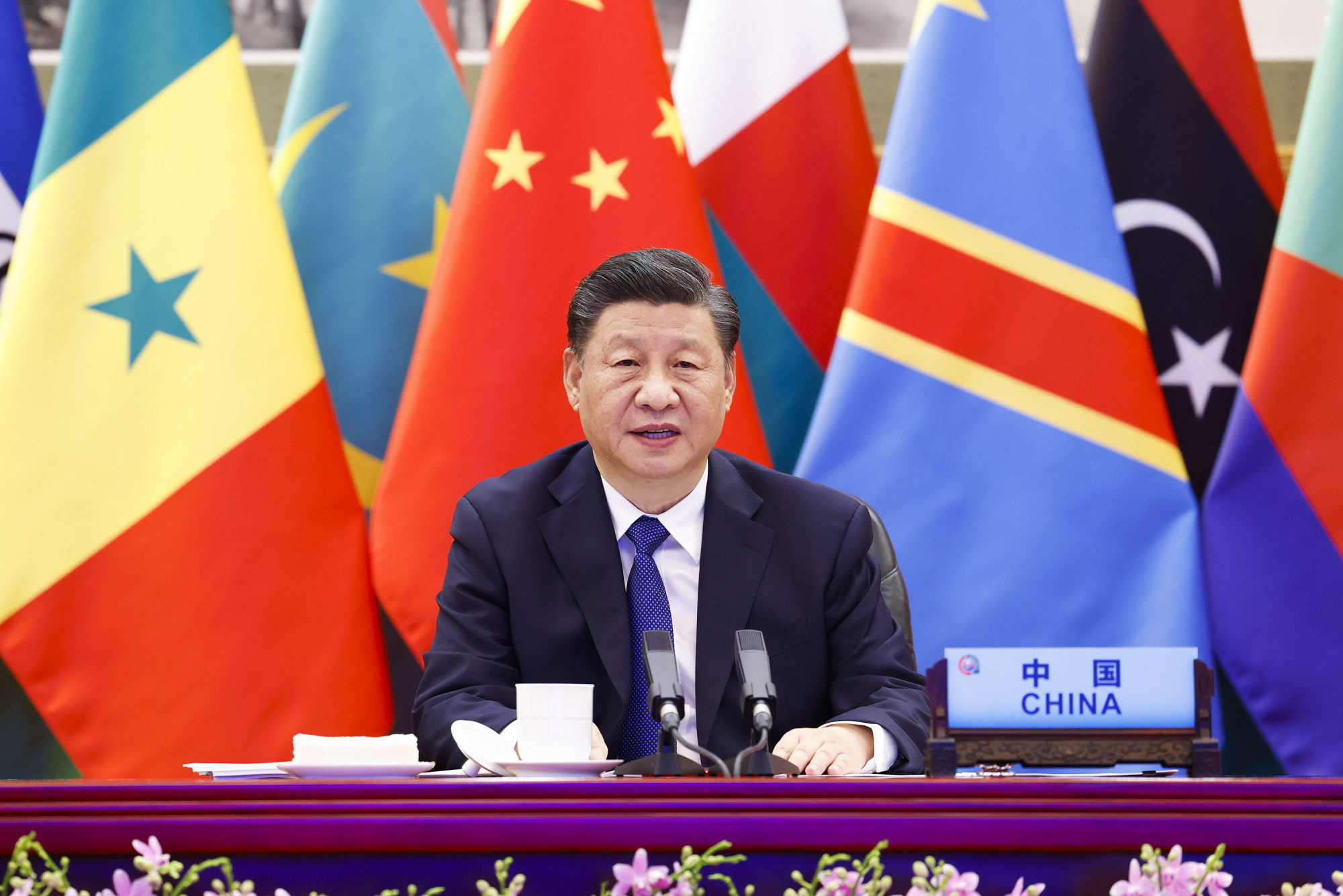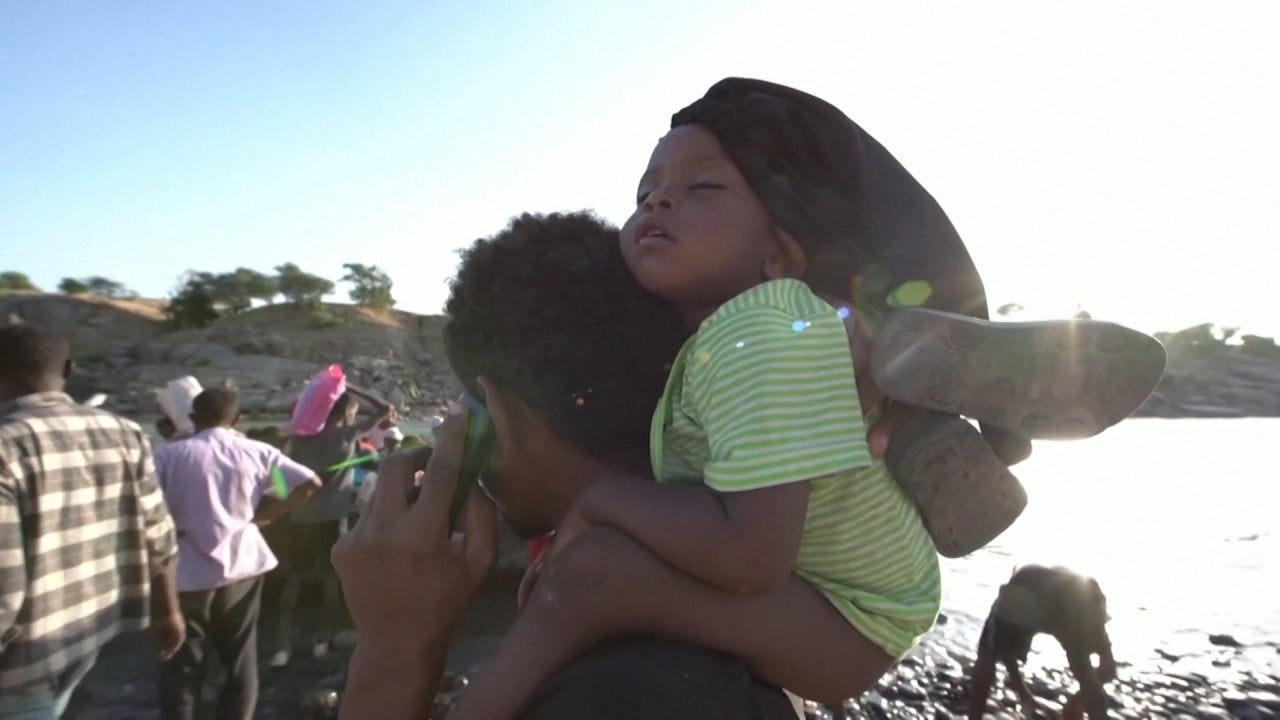
Chinese foreign minister set for 3-nation tour of East Africa as Beijing seeks to deepen ties
- Foreign Minister Wang Yi to visit new belt and road nation Eritrea, as well as Kenya and the Comoros from January 4 to 7
- Analysts see Beijing focusing on stronger East African links as Wang continues 31-year tradition of opening the diplomatic year with a trip to the continent
His January 4 to 7 trip will see Wang keep up what has been a Chinese tradition since 1991, where the foreign minister’s first overseas visit of the year is to Africa.

“Together, the three destinations for this time do seem to signal a focus on China’s maritime diplomacy and relations with the African side of the Indian Ocean,” Lina Benabdallah, a specialist in China-Africa relations at the Wake Forest University in North Carolina, said.
“The visit to Eritrea is perhaps less to do with the Indian Ocean and more to do with the strategic importance of access to the Red Sea,” Benabdallah noted.
Under the belt and road strategy, China has funded the construction of highways, railways and power plants across Africa.
China has also funded several other projects in Ethiopia, Kenya and Sudan but the worsening security situation in the Horn of Africa, especially in Ethiopia, has worried Beijing.
Mark Bohlund, a senior credit research analyst at REDD Intelligence, said while East Africa was an initial focus for China in its engagement in the continent and the belt and road strategy in particular, much of Beijing’s efforts over the past three years have focused on Western African nations and the Democratic Republic of Congo (DRC).
“This year’s tour indicates an intention in strengthening the existing relationships in East Africa,” Bohlund said.
He said Wang’s “visit to Eritrea and its admission to the [belt and road] shows an intention to bring Asmara closer into Beijing’s sphere of influence”.
Bohlund said while the US and European nations are worried about China’s growing influence in the Red Sea region, the conflict in northern Ethiopia has revealed the risks of isolating Eritrea, as there are few levers to influence the government in Asmara.
Tim Zajontz, research fellow at the Centre for International and Comparative Politics, Stellenbosch University, said Wang’s Eritrea visit is a clear sign that peace and stability in the Horn of Africa is paramount to Beijing.
On his way back from the FOCAC meetings in November, Wang had stopped over in Addis Ababa, where he called for a peaceful resolution of the Tigray conflict which has taken on regional dimensions.
China opposes UN probe of Tigray abuse, calls it ‘interference’
“As the Eritrean Defence Forces are an active party to the conflict, it can be expected that the conflict will top the agenda behind closed doors,” Zajontz said, pointing out that publicly the principle of non-interference will continue to be emphasised.
He said Beijing has a keen interest in seeing the hostilities end, not least because of the significant Chinese presence in Ethiopia’s economy.
In contrast to Western governments which have essentially severed ties with the repressive regime in Asmara, Chinese presence in Eritrea had grown in recent years, Zajontz said.
“Thanks to its strategic location, Eritrea could become a regional hub for neighbouring markets in Ethiopia, South Sudan and Sudan, in all of which China has significant economic interests,” he said. “It is likely that we will see further Chinese investments in Eritrea’s infrastructure sector, potentially including at the [Red Sea] ports of Massawa and Assab.”
Kenyans will vote in presidential and parliamentary elections in August and a number of opposition leaders have criticised the current administration for borrowing heavily from China to fund infrastructure projects.
Among Chinese mega projects in the East African nation is a railway line from Kenya’s coastal city of Mombasa to Malaba at the border with Uganda, which China’s Export-Import (Exim) Bank had initially agreed to fund. It funded the first leg of the railway from Mombasa to Kenyan capital Nairobi for US$3.2 billion and an extension to Naivasha for US$1.5 billion. Then the project stalled.
The next stage to Kisumu and on to the Malaba border crossing with Uganda is now on hold. The bank asked Kenya in 2018 to redo a study to prove its commercial viability.
Zajontz, who is also a lecturer in International Relations at the University of Freiburg in Germany, said Wang’s Kenya visit must be understood as another attempt at “damage control”, as Nairobi has embarked on the painful path of debt restructuring and austerity.
“There have been renewed controversies in Kenya following the announcement of some creditors, including Chinese policy banks, not to extend a debt moratorium,” he said.
Chinese lenders ‘reluctant’ to offer further African debt relief
David Shinn, a former US diplomat in Ethiopia and professor at George Washington University, had a different take on the visits to Africa by Chinese foreign ministers in January or February each year since 1991. Shinn said the itinerary usually aims to cover countries that have not received a Chinese foreign minister in a long time.
He said Kenya receives more high-level visits than most African nations as it is an important country, while Eritrea and the Comoros may be infrequent stops for senior Chinese officials but still merit occasional attention.



